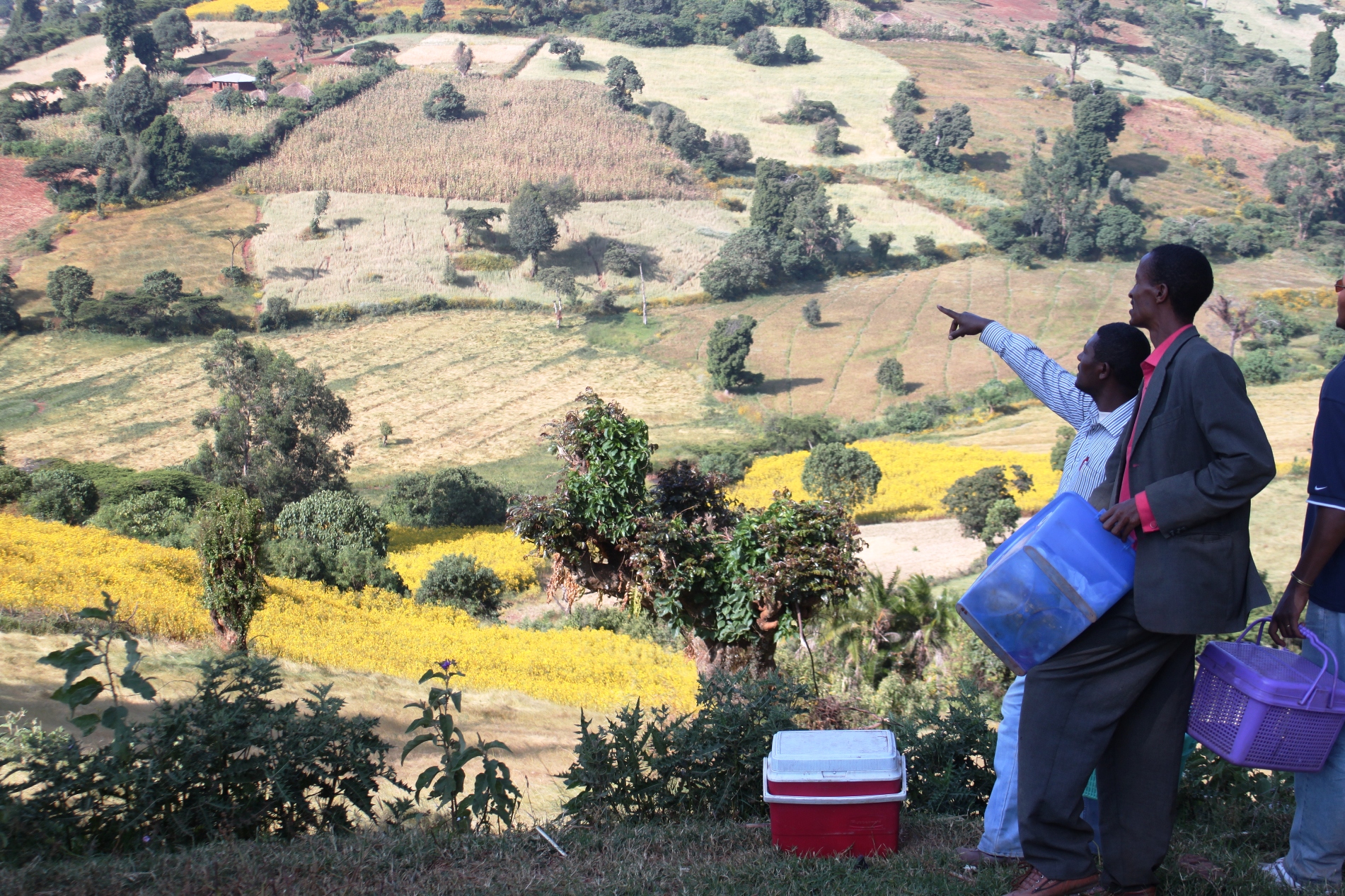Contact details:
Eric Fèvre (eric.fevre@liverpool.ac.uk).Institute of Infection and Global Health (IGH), University of Liverpool and jointly appointed at the International Livestock Research Institute, Nairobi, Kenya.
Background
In June 2017, the Kenyan government published its National Action Plan on Prevention and Containment of Antimicrobial Resistance 2017 – 2022. The plan was elaborated with the support of many international organizations, funding agencies, research institutes, and governmental institutions. It embraces interdisciplinary collaborations through a One Health platform where local institutions worked together with academia and stakeholders to provide a policy framework that concentrates on the containment of emergent resistant bacteria.
The main objectives of the plan are focussed on improving awareness and understanding of AMR, strengthening surveillance and research programmes, improving sanitation, hygiene and preventive measure, optimizing use of antimicrobials in animals and humans, and developing an economic case which accounts for the country needs and for a sustainable investment on medicines, diagnostics, vaccines and other interventions.
Project overview
The aim of this activity was to contribute to the dissemination and implementation of the Kenyan National Action plan for AMR. With collaborative funding from the UK Medical Research Council and the Fleming Fund, the National Plan was distributed to all counties (devolved authorities in Kenya) in advance of national workshops to discuss implementation.
Specific areas of the plan where additional evidence is required to develop specific policy were identified, and we worked with partners to gather and synthesise that evidence. For example, CGIAR researchers were part of the team that conducted a ‘Baseline Mapping of the Veterinary Medicinal Products Supply Chain in Kenya” in order to understand the national landscape of veterinary microbial drugs in Kenya, how they are used, how they move around the country and where they originate. Further detailed studies on levels of knowledge amongst drug retailers and on-farm users were also carried out, in combination with biological assessment of drug efficacy.
Activity impact
The National Action Plan is a guide to implementation of AMR policy in the country. It identifies specific areas where data are lacking on which to base sound decisions, such as in the area of drug access in the veterinary sector. The research targets these gaps and provides empirical evidence for policymakers.
Researchers
Eric Fèvre1,2, Katie Hamilton1, Nicholas Bor2, Stella Kiambi2, 3, Naphtal Mwanziki5
Institutions involved
- University of Liverpool Institute of Infection and Global Health, and Centre for Genomic Research, UK.
- International Livestock Research Institute (ILRI), Kenya.
- Food and Agriculture Organization of the United Nations (FAO).
- Kenya Ministry of Health.
- Kenya Department of Veterinary Services.
- Government of Kenya Veterinary Medicines Directorate.
- Government of Kenya AMR Task Force.
Research Subject Area(s)
One health, Policy framework, AMR, Policy Implementation
Funding
This activity was collaboratively funded by Global Challenges Research Fund, UK Medical Research Council (MRC), The Fleming Fund Foundation, UK, and the CGIAR research program on Agriculture for Nutrition and Health (A4NH).
More information
- National Action Plan on Prevention and Containment of Antimicrobial Resistance 2017 - 2022. Republic of Kenya. Available on: https://www.flemingfund.org/wp-content/uploads/0cff5e08e6a64fcf93731d725b04792e.pdf
- Other papers in press – forthcoming
